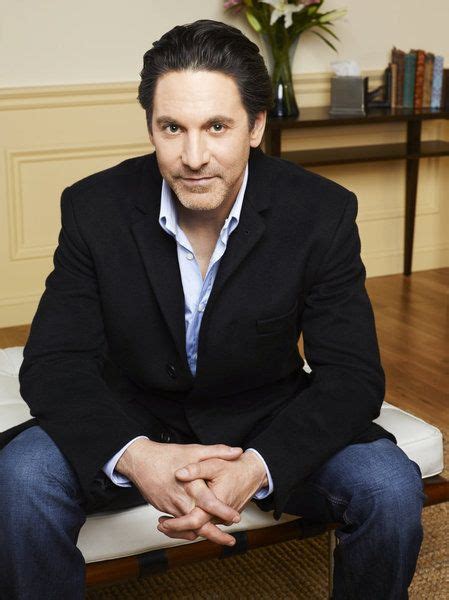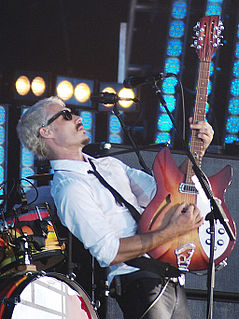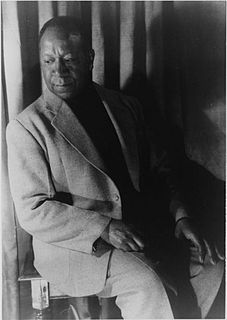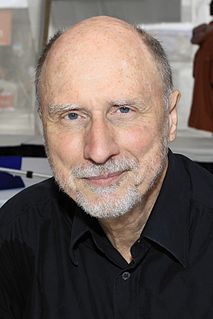A Quote by Scott Cohen
I think that when you do any kind of theatrical form, (you can't really do this in the theater) the task as an artist is to reach some form of catharsis yourself, and express something that allows an audience to have some form of catharsis. If there's no discovery in what you do, if there's no struggle in what you do to have that discovery, then, there's no meaning in what you do.
Related Quotes
Through death you find yourself, because you no longer identify with form. You realize you are not the form with which you had identified neither the physical nor the psychological form of "me". That form goes. It dissolves and who you are beyond form emerges through the opening where that form was. One could almost say that every form of life obscures God.
I like the idea of people who've had some success in one form secretly wanting to be something else; I have some of that myself. I look for it in other people who've established themselves in some particular art form, and then you find out that they really would like to design running shoes, or edit literary magazines or something.
Regarding pushing the form, ideas interest me more than form. I think you can write a very subversive play in a three-act structure. The content makes the play. I feel the form is simply dressing, because ultimately, you want to communicate to the audience, and sometimes the best way to do that is to present a provocative idea in a format that is comfortable for them to receive. Then the idea will come through directly, right in solar plexus. After all, I want to make a living as an artist, and that means speaking to the audience in a form they can understand.
I haven't come across any recent new ideas in film that strike me as being particularly important and that have to do with form. I think that a preoccupation with originality of form is more or less a fruitless thing. A truly original person with a truly original mind will not be able to function in the old form and will simply do something different. Others had much better think of the form as being some sort of classical tradition and try to work within it.
Julie Taymor. She is my gold standard of stage directors. I think she has a comprehensive knowledge of theatrical form, since she lived in Indonesia, Java, Japan and France. Her knowledge of form is limitless. Whenever I get painted in a corner, I think about what form she would use, because that is what she practices. It's about accessing the theater traditions of the whole world.
I think most people who decide to become a musician have to be prepared for some degree of struggle. It makes the art better if you go through some struggles. To be an artist, in any form, you have to develop some sense of compassion and empathy - it's an important quality for everyone to have, on a human level. But I think, as part of our job, you have to be able to do that, so suffering, tends - if you allow it - to let you look on the bright side. It will help with those senses.
When you work in form, be it a sonnet or villanelle or whatever, the form is there and you have to fill it. And you have to find how to make that form say what you want to say. But what you find, always--I think any poet who's worked in form will agree with me--is that the form leads you to what you want to say.
Natural writers will often try to force themselves into a form - novel, story, screenplay, or poem - that is not necessarily the appropriate form for the way they see the world... if, in fact, they are writing from the artist's impulse, which is a deep, inchoate vision of some sort of order behind the apparent chaos of life on planet earth, they'll be driven then to express that vision in the creation of the object - the art object.


































